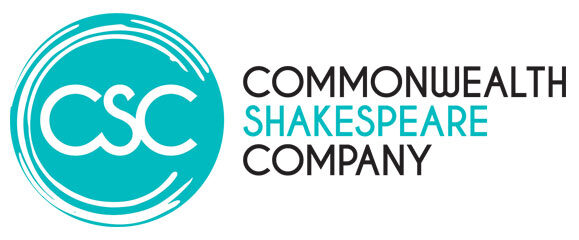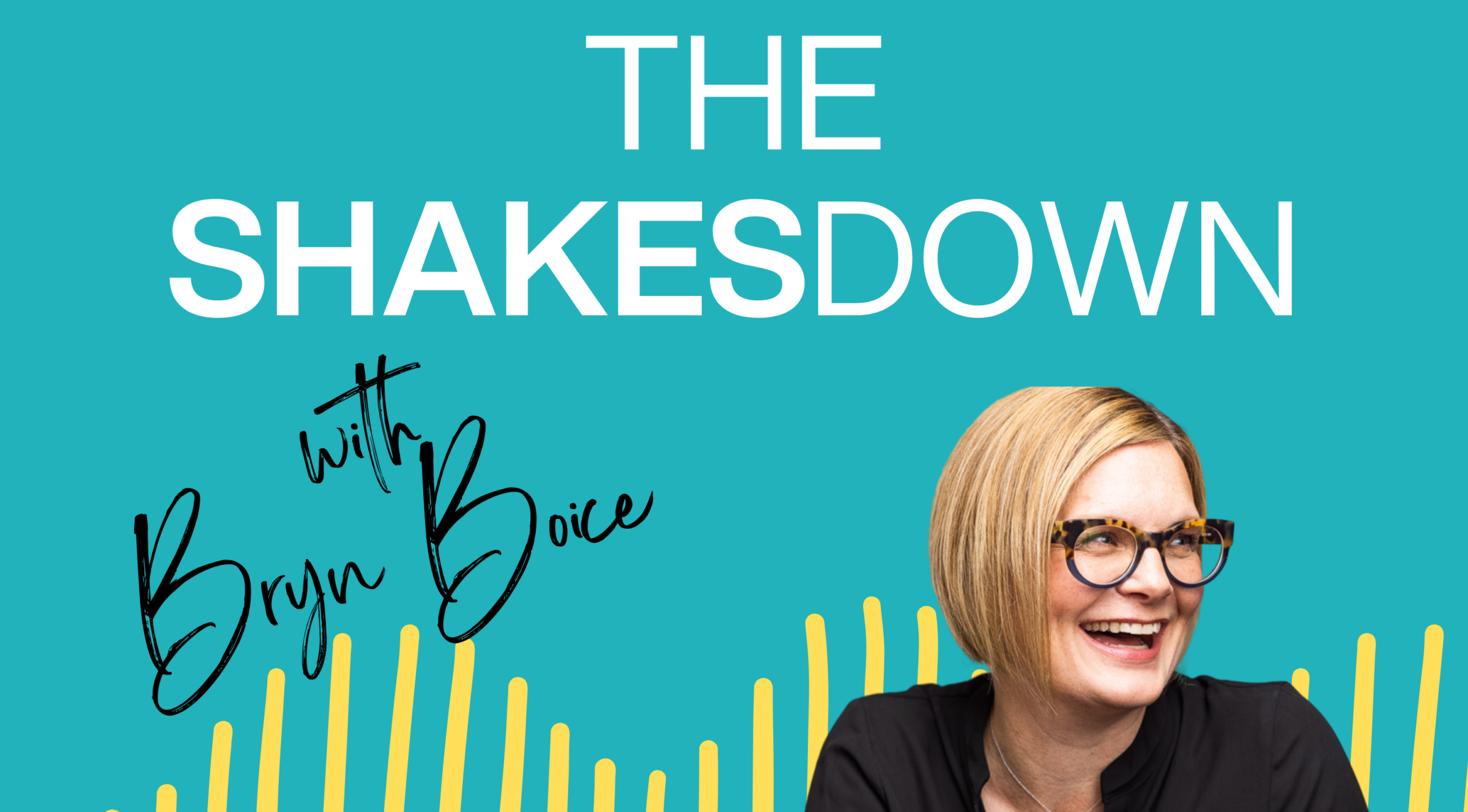Join Bryn Boice (CSC’s Associate Artistic Director) in this monthly podcast, as she breaks down and shakes down Shakespeare’s most interesting speeches, from the most famous to the most obscure. This month, she explores Helena’s Act I Scene 1 soliloquy from A Midsummer Night’s Dream (“How happy some o’er other some can be”) just in time for Valentine’s Day! Flip through the pages of the Folio with her and see what treasures there are to uncover!
Helena. How happy some o’er other some can be!
Through Athens I am thought as fair as she.
But what of that? Demetrius thinks not so;
He will not know what all but he do know:
And as he errs, doting on Hermia’s eyes,
So I, admiring of his qualities:
Things base and vile, folding no quantity,
Love can transpose to form and dignity:
Love looks not with the eyes, but with the mind;
And therefore is wing’d Cupid painted blind:
Nor hath Love’s mind of any judgement taste;
Wings and no eyes figure unheedy haste:
And therefore is Love said to be a child,
Because in choice he is so oft beguiled.
As waggish boys in game themselves forswear,
So the boy Love is perjured every where:
For ere Demetrius look’d on Hermia’s eyne,
He hail’d down oaths that he was only mine;
And when this hail some heat from Hermia felt,
So he dissolved, and showers of oaths did melt.
I will go tell him of fair Hermia’s flight:
Then to the wood will he to-morrow night
Pursue her; and for this intelligence
If I have thanks, it is a dear expense:
But herein mean I to enrich my pain,
To have his sight thither and back again.
Sources:
Shakespeare Lexicon and Quotation Dictionary: A Complete Dictionary of All the English Words, Phrases, and Constructions in the Works of the Poet (Volume 1 A-M)
Shakespeare Lexicon and Quotation Dictionary (Volume II, N-Z) (Volume 2)



























